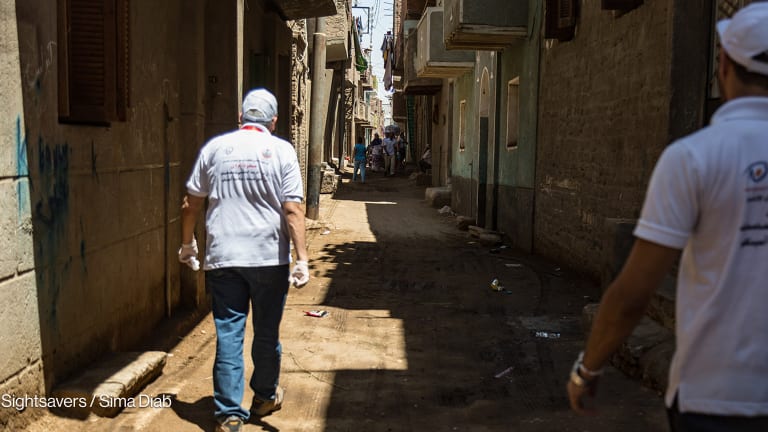New York City has a robust system for monitoring lead poisoning among its residents. Children ages 1 to 2 years old, for example, are required to get a blood lead test and assessed for risk until they are 6 years old.
It is through this system that the NYC health department found adults and children of Georgian descent were at an increased risk of elevated lead levels in their blood. The main culprit? Spices coming from Georgia brought into the U.S. by people traveling from the country.
Armed with the information, the department started reporting its findings to Georgian authorities, including the Georgian consulate in NYC between 2011 and 2017.
Printing articles to share with others is a breach of our terms and conditions and copyright policy. Please use the sharing options on the left side of the article. Devex Pro members may share up to 10 articles per month using the Pro share tool ( ).








